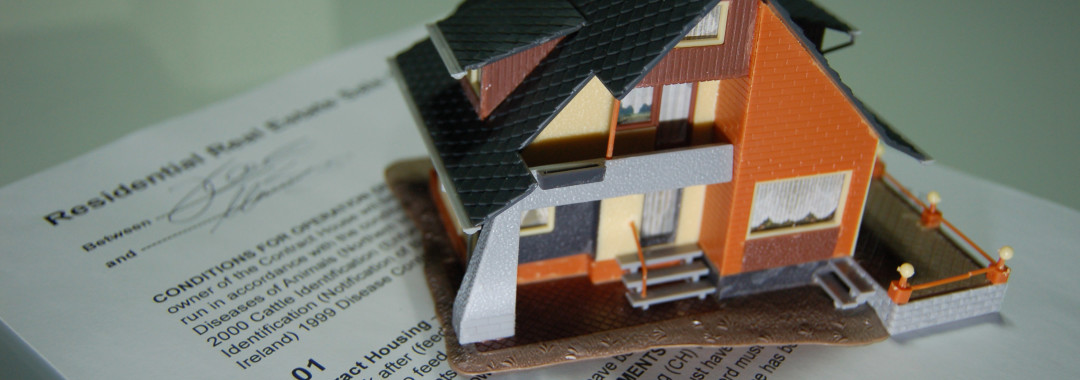If you owned a home that was foreclosed, and the lender was unable to sell the property at foreclosure for at least the amount you owed on the home (i.e., you were underwater on your mortgage), then you may be left with a balance owed to the bank. This is called a deficiency. Often, this deficiency will be reduced to a judgment through a lawsuit against you, and then, after already having taken your home, the bank will begin to garnish your wages or take other collection efforts. Luckily, filing a Chapter 7 or Chapter 13 bankruptcy can eliminate your personal liability for any mortgage deficiency.
How can the bank do this?
Georgia laws are written in many ways to favor lenders over borrowers. When you purchase a home, you sign a promissory note that states that you promise to pay the bank a certain amount of money. The bank also takes mortgage on your home. The mortgage states that if you fail to pay by the terms of the promissory note, then the bank can take back your home in foreclosure. The note and mortgage also state that foreclosure is not the only remedy available to the bank. They can choose to foreclose or sue you, or in many instances, both. The bank has many options when it comes to collecting the amounts you owe to them. The borrower, however, has limited options. One option frequently utilized to eliminate a deficiency after foreclosure is to file bankruptcy.
How can bankruptcy help?
When you file bankruptcy, a federal law kicks in called the automatic stay that prevents creditors from taking any collection action against you. So, if the bank has already started garnishing you, a bankruptcy will put an immediate stop to the garnishment or other collection action. Furthermore, the deficiency owed to the bank will be treated as an unsecured debt. That means that in a Chapter 7 case, the debt will be completely eliminated, and in a Chapter 13 case, the debt will be paid just like all other unsecured creditors – usually pennies on the dollar. Therefore, if you file bankruptcy after a foreclosure and still owe a deficiency, the bank will likely receive little to nothing, and will be discharged along with your other debts.

